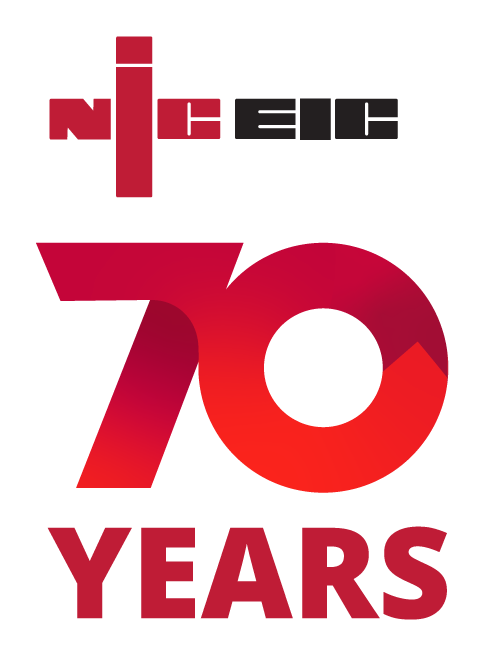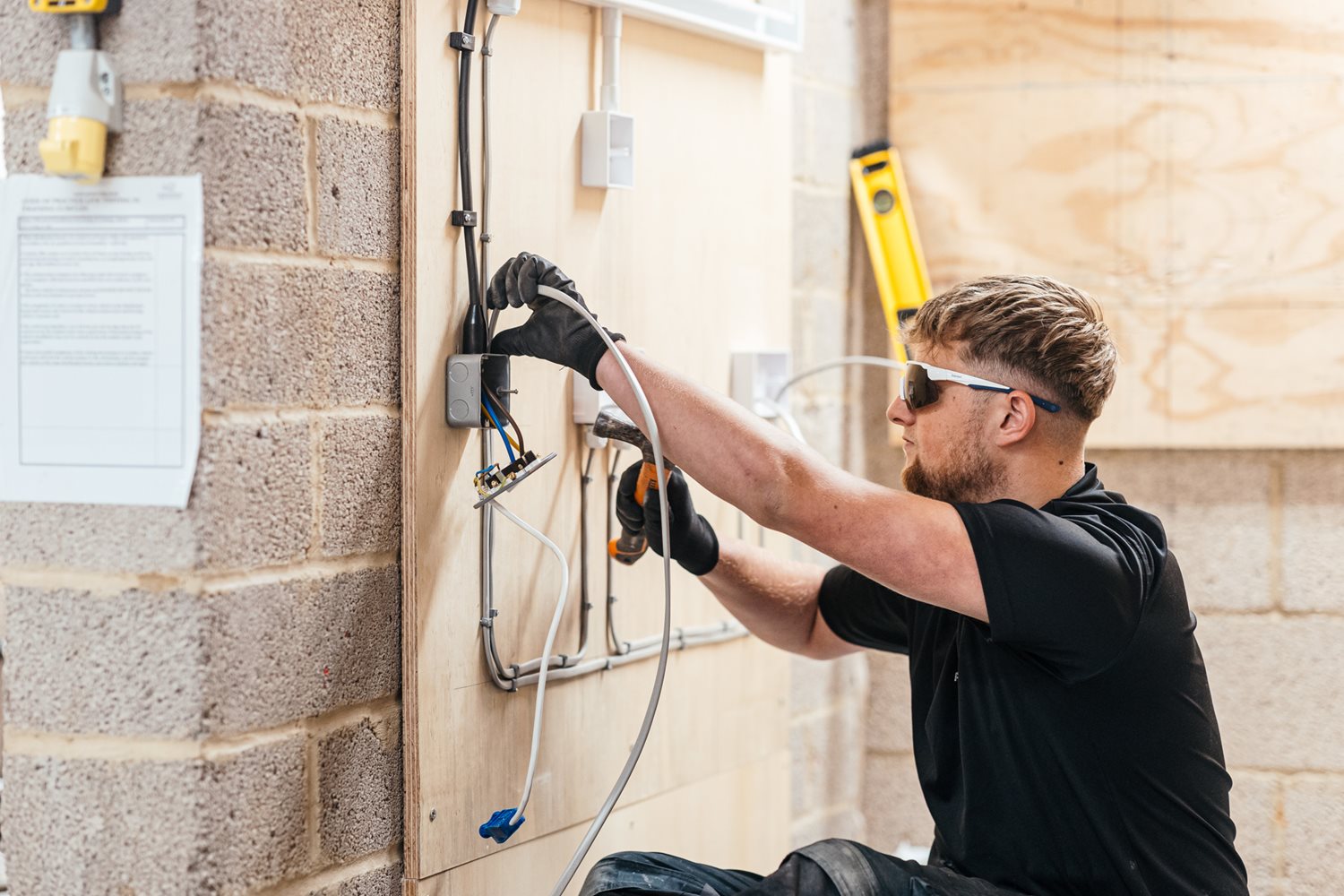At assessment, all businesses certified with NICEIC’s Electrotechnical Schemes are required to show documented evidence of continuing professional development.
At assessment, all businesses certified with NICEIC’s Electrotechnical Schemes are required to show documented evidence of continuing professional development (CPD) for everybody who undertakes electrotechnical work within the business. But what actually is CPD – and why does it matter so much?
What is CPD?
Continuing professional development (CPD) is the process of developing and maintaining competence in a set of recognised skills needed to reliably perform your job.
The learning activities you undertake do not always have to relate directly to your profession or industry, although you should ensure that they broadly complement your role and enhance your knowledge and skills. Nor do they have to be undertaken in formal classroom settings. They might include training in so-called ‘soft skills’ such as leadership, business development or time management, and can be undertaken online, in a classroom, from the comfort of your own home or even in the van!
What are the benefits of CPD?
CPD is designed to help you stay up to date with the skills and knowledge you need to thrive in your chosen profession, as well as providing evidence of your competence. It is also vital for career progression, enabling you gain the knowledge you need to move into new roles and take on different types of jobs.
The world of work – and the electrotechnical industry in particular – is always changing. Keeping abreast of updates to legislation, regulations and training requirements is a vital part of running a successful electrical business. New technologies are also growing in popularity, with government incentives fuelling customer demand for energy efficiency measures such as solar panels, EV charging and heat pumps. Businesses that commit to upskilling in these areas will have access to this growing and eager customer base.
In addition, qualifications are always being updated to include new knowledge and skills. So, even if you’re qualified to the hilt, with every year that passes you’re going to develop gaps in your knowledge that need to be filled with CPD. It’s also likely that if you took your exams 20 years ago, you might have forgotten a thing or two! CPD is a great way to brush up on all the key skills you need to remain competitive.
Beyond the purely technical aspects of the job, the way businesses market their services to customers has changed beyond all recognition over the past few decades. Customers seeking a reputable business for electrical work rely on so much more than word of mouth these days, expecting tradespeople to have a strong online presence and excellent reviews on platforms such as Google and Facebook. If you’re not too tech-savvy, it might be worth investing some of your CPD hours in getting social media smart; a study by Direct Line found that tradespeople who use social media to market their business get almost half (47%) of their jobs through these channels .
In our industry, it’s simple – if you don’t do CPD, you’re going to get left behind. And worse, you’ll be handing your competitors a distinct advantage.
Types of CPD
Contrary to what you might think, it’s actually quite easy to rack up your CPD hours once you understand the sheer breadth of activities that count. Essentially, any activity from which you learn or develop professionally can be counted as CPD; these activities usually fall into one of four categories:
Self-directed learning, including:
- Reading an article in Connections magazine or one of our newsletters, including the Circuit
- Attending webinars (such as our popular webinar series THE WIRE)
- Listening to a podcast
- Looking at the NICEIC Pocket Guides app.
Formal education, including:
- Doing a training course
- Doing an e-learning course.
Work-based learning, including:
- Shadowing a colleague or mentor
- Reflecting on colleague or customer feedback
- Contacting the NICEIC Technical Helpline.
Professional activity, including:
- Being involved with a trade body
- Giving a presentation for work
- Attending trade events.
How do I record my CPD?
As you know, you must demonstrate a written record of CPD hours for all ‘employed persons’ in your business (including sub-contractors) at your NICEIC assessment. Whilst there are no specific requirements around the number of hours of CPD you have to complete, it's important that you're doing it and that you're keeping a clear record. From 1 March 2025, it will become even more important to keep such records on hand and accessible, as businesses that aren’t able to show them at their assessment will be given a window of 30 days to do so.
For each CPD activity you undertake, you need to capture the essentials. Briefly describe what you did (like joining a webinar, reading a Connections article or taking an online course), noting down the date and how long it took. Then, think about what you learned as a result of your CPD activity. What knowledge and skills did you gain? Make a note of these learning outcomes and how the activity has contributed to your ongoing career development.
Fortunately, recording your CPD couldn’t be easier with NICEIC’s CPD record template, which is available to download on our Recording CPD page. The template is designed to help you record the development you have completed and plan your future CPD needs. Whilst structured CPD is great for ensuring you meet all your development needs, don’t forget to also take advantage of any ad hoc CPD opportunities that come along, as these can be invaluable.
Get started on your CPD journey with NICEIC
At NICEIC, we provide our certified businesses with all the CPD materials they need to upskill, grow their business and get more customers through the door. From webinars and podcasts to technical articles and guides, we’re sure we’ll have something to suit your learning style and requirements.
Simply visit our learning and development hub to get started or sign up to receive news and information straight to your inbox.






